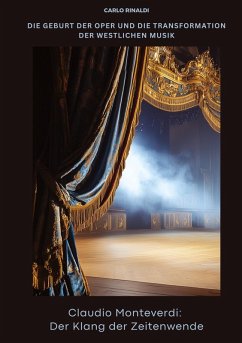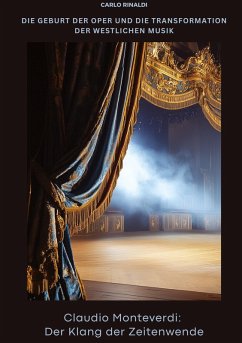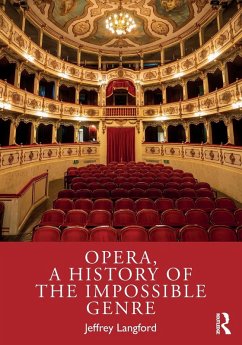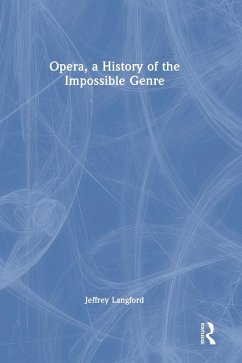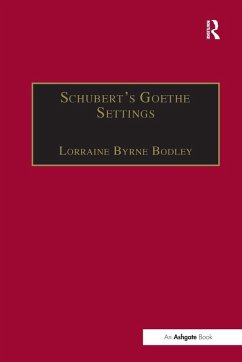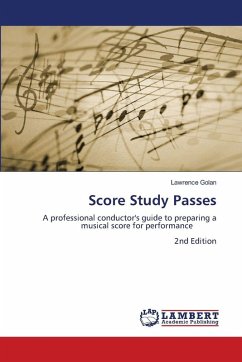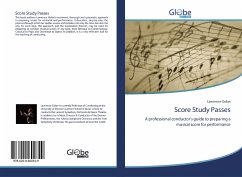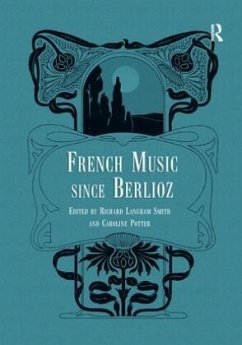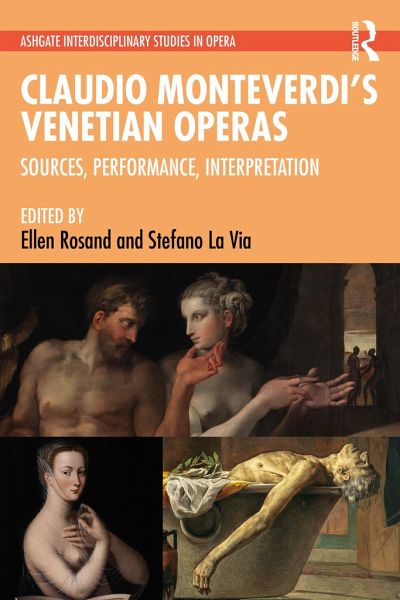
Claudio Monteverdi's Venetian Operas
Sources, Performance, Interpretation
Herausgegeben: Rosand, Ellen; La Via, Stefano; University of Massachusetts

PAYBACK Punkte
69 °P sammeln!
Claudio Monteverdi's Venetian Operas features chapters by a group of scholars and performers of varied backgrounds and specialties, who confront the various questions raised by Monteverdi's late operas from an interdisciplinary perspective. The premise of the volume is the idea that constructive dialogue between musicologists and musicians, stage directors and theater historians, as well as philologists and literary critics can shed new light on Monteverdi's two Venetian operas (and their respective librettos, by Badoaro and Busenello), not only at the levels of textual criticism, historical e...
Claudio Monteverdi's Venetian Operas features chapters by a group of scholars and performers of varied backgrounds and specialties, who confront the various questions raised by Monteverdi's late operas from an interdisciplinary perspective. The premise of the volume is the idea that constructive dialogue between musicologists and musicians, stage directors and theater historians, as well as philologists and literary critics can shed new light on Monteverdi's two Venetian operas (and their respective librettos, by Badoaro and Busenello), not only at the levels of textual criticism, historical exegesis, and dramaturgy, but also with regard to concrete choices of performance, staging, and mise-en-scène. Following an Introduction setting up the interdisciplinary agenda, the volume comprises two main parts: 'Contexts and Sources' deals with the historical, philosophical, and aesthetic contexts of the works - librettos and scores; 'Performance and Interpretation' offers critical and historical insights regarding the casting, singing, reciting, staging, and conducting of the two operas. This volume will appeal to scholars and researchers in Opera Studies and Music History as well as be of interest to early music performers and all those involved with presenting opera on stage.





